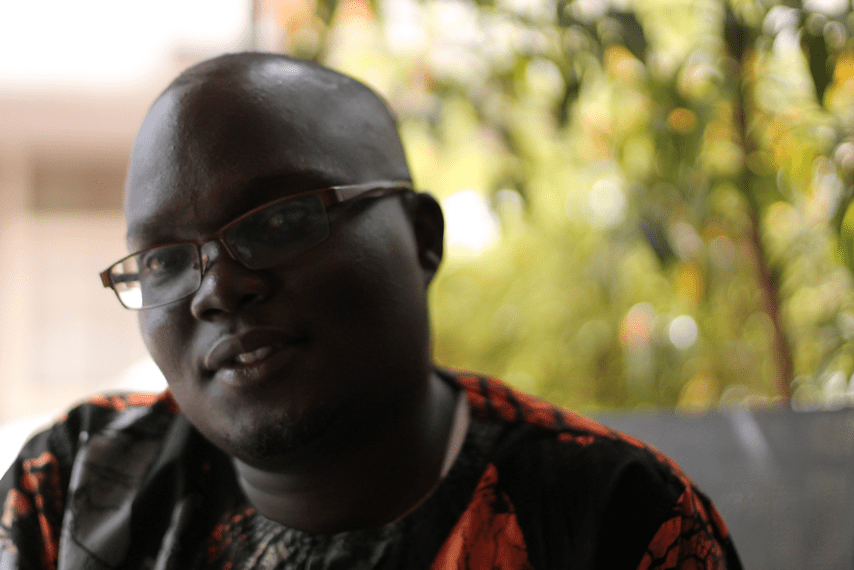
WORLD MENTAL HEALTH DAY;
Young People and Mental Health in a changing World
Last month the Parliament of Uganda passed the Mental Health Bill 2014. This bill is part of an effort to improve the treatment and care of persons with mental illness in Uganda. The previous legislation outlining national policy on mental health in Uganda, the Mental Health Act of 1964, included recommendations for confinement of mental health patients, thereby violating their human rights. As a result of this new bill, an estimated 6.8 million Ugandans with various mental health challenges will be able to access treatment at a primary health center.
World Mental Health Day’s major goal is creating awareness and ending stigma associated with mental illness. This year’s theme, Young People and Mental Health in a changing World, is very pertinent. More than 50% of all mental disorders appear before the age of 14 and about 75% by age 24. Depression is the most widespread mental illness in this category. It is characterized by low mood and loss of interest in things the person liked before the episode. Bipolar Affective Disorder, Schizophrenia, Anxiety, and Post-Traumatic Stress Disorder, among others, are also common. The youth and young adults are the most affected. The majority of the young people who experience poor mental health don’t receive the necessary support. Therefore a meaningful conversation around what they need to do in order to grow up healthy, happy, and resilient is both timely and necessary.
Suicide and substance abuse have been on the rise. The largest number of admissions in the Alcohol and Drug Unit at the National Mental Referral Hospital at Butabika is that of students from higher institutions of learning. Hard drugs (heroin, cocaine) which are highly addictive are now easily accessible by young people. A high number of cases of suicides have been reported in some educational institutions. Some have been the result of drug abuse. Also, addiction to social media has of recent been classified as a mental disorder. Young people are the main users of these applications and technologies. They are spending more time on the internet experiencing cyber crimes, cyber-bullying, and playing violent video games. This impacts on their mental health in ways that may require rehabilitation. Yet there are very few rehab centers for treatment of the vast number of youth suffering from various forms of addiction.
Youth unemployment and poverty have to be dealt with seriously if young people are to be helped out of the challenges of mental health. They are some of the triggers responsible for the increasing mental health issues. Left with no hope for the future, depression and anxiety become common in this youthful category.
The way forward in ameliorating some of the mental health challenges is creating awareness among the youth who are the most affected. This can be done through the media and the different institutions of learning. Peer support has been shown as another effective tool. The Butabika East London Link, for example, piloted a peer support program in Uganda as a way to improve mental health. Peers listen to fellow peers better and messages such as keeping off drugs and alcohol are better delivered through the peer support network.
Parents and guardians should have good communication with their children. Sharing what they feel with people they trust is a good strategy. In many cases where youthful people have committed suicide, it has been because they did not have someone to talk to. Listening to concerns of the young people and giving them a sense of direction helps a lot.
We need to emphasize the needs of our young people. It is time to take a stand and demand more for this vulnerable population. Our future depends on it.
Wear a green ribbon on this day to show cause for mental health.
Jimmy Odoki is a mental health advocate and Coordinator of Heart sounds Uganda




